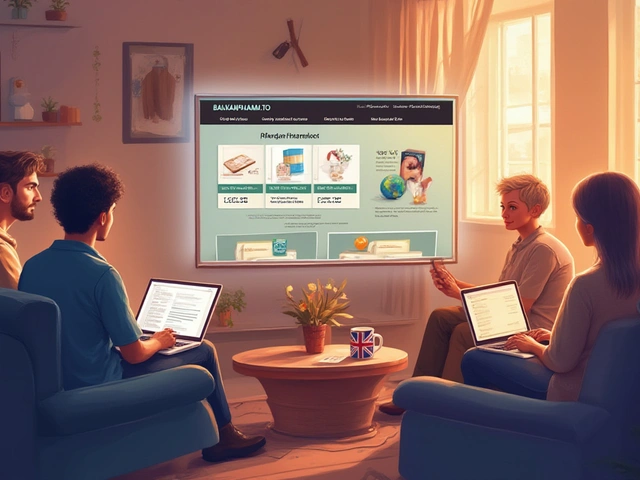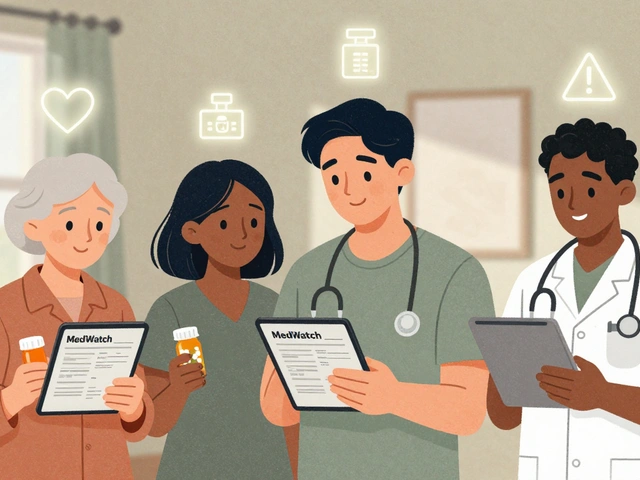Patient-Centered Care: What It Is and Why It Changes Everything
When you walk into a doctor’s office, you’re not just a chart number or a set of lab results. You’re a person with a life, fears, values, and goals—and patient-centered care, a model of healthcare that prioritizes the individual’s needs, preferences, and values in every decision. Also known as person-centered care, it’s not a buzzword—it’s the difference between being treated and being heard. Too many people have been handed a script without ever being asked what matters most to them. What if your treatment plan matched your daily routine, your budget, or your fear of needles? That’s what patient-centered care promises: care that fits your life, not the other way around.
This approach doesn’t just happen in a single visit. It’s built on shared decision-making, a process where patients and providers work together to choose the best option based on evidence and personal priorities. Think of it like picking a car—not just the fastest one, but the one that fits your commute, your family, and your wallet. It’s why some people choose famotidine over a proton pump inhibitor—not because one is better, but because it fits their lifestyle. It’s why someone with kidney stones might pick Cystone over surgery, after understanding the risks and benefits. And it’s why cancer survivors need rehab programs that don’t just focus on healing the body, but restoring confidence, independence, and purpose.
Real patient-centered care also means health literacy, the ability to understand medical information well enough to make informed choices. If you don’t know how doxycycline interacts with dairy, or why you can’t skip doses of warfarin, you’re not just at risk—you’re being set up to fail. That’s why posts on sulfonamide allergies explain cross-reactivity in plain terms, and why guides on buying generic meds online teach you how to spot safe pharmacies. It’s not just about giving you info—it’s about making sure you can use it.
And when care is truly centered on you, coordination matters. If you’re managing melasma and acne at the same time, or dealing with secondary hyperparathyroidism from kidney disease, no single doctor can do it all. You need a team—nurses, pharmacists, dietitians, counselors—who talk to each other and keep you at the center. That’s why patient education isn’t a handout; it’s the foundation. Whether you’re choosing between Eliquis and warfarin, or deciding if dutasteride is right for your hair loss, you need to know what you’re signing up for.
What you’ll find below isn’t just a list of articles. It’s a collection of tools, comparisons, and real-world advice built for people who want to take control—not just follow orders. From safe ways to buy generic meds online to understanding how antiviral drugs interact with your body, every post here is designed to help you ask better questions, spot red flags, and make choices that actually work for your life. This isn’t about being a good patient. It’s about being an informed one.










